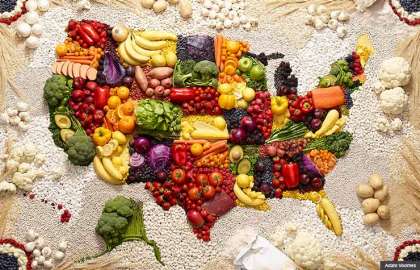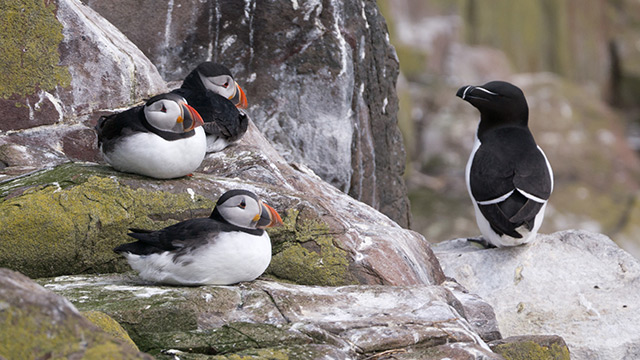
Advertisement
America is known for its exceptionalism and that extends all the way down to the type of food we eat.
Because of the many cultures and peoples that have come to this nation over the centuries, our food culture is very diverse. However, there are some common foods that are thought of as quintessentially American that may be more dangerous than we thought.
This is because these foods contain a known or highly suspected chemical that causes harm to the human body. As a result, they are banned by other industrialized nations, but in the United States they are deemed appropriate for an audience that does not understand what goes into its mouth.
This article hopes to shine a light on this sad state of affairs and spread the light of knowledge.
The papaya is a humble fruit that pops to mind when we hear tropical. We assume it is grown in much warmer climes where the soil is unadulterated and the environment is clean. This is an image marketers rely on to obscure the truth of the matter.
In fact, a lot of our papayas come from Hawaii and are genetically engineered. The reasoning is that farmers of all sizes were losing the precious crop to a disease known as ringspot virus. In order to salvage their harvests, some resorted to genetically changing the fruit to be resistant to this virus.
However, it had some serious side effects, it was found to produce tumors and organ damage (among other things) in experiments on animals. As a result of these findings, the European Union has decided to ban these papayas. Unfortunately, the united States cannot yet ban these substances based on these studies because it lacks the political will due to the influence of the interested business parties.

Watch out which beverage you next choose to drink because it might contain brominated vegetable oil or BVO, which is a flame retardant. In the United States it is perfectly legal to include this ingredient in your soda or refreshment.
It is most often associated with drinks that aim to give the illusion of citrus (so beware of some sports drinks). It is not that brominated vegetable oil was used to flavor these drinks and was then discovered to be a flame retardant, no, it was originally patented as one and then used in our sodas and refreshments.
Studies have shown that this deadly substance accumulates in our bodies and is delivered to babies via breast milk. When these tests were conducted on animals, it was shown to cause behavioral problems at large doses as well as reproductive issues.
We all know people that chug four or more cans of soda a day and they are not aware that they may be accumulating dangerous amounts of this fire retardant. This substance is banned in Europe and Japan. It seems to be the consensus in the industrialized world that this is not safe for human consumption. Be on the lookout on ingredient lists for this quiet killer and be leery of liquids with a fake citrus element.
Farm raised salmon may seem like an environmentally conscious alternative to fishing for wild salmon and potentially disrupting the ecosystem with massive human demands. It turns out that this method is more profitable for the producers and more dangerous for the consumers. Companies reduce costs in many ways that are neither good for the salmon or us.
First, the salmon are fed a diet of grain because it is the cheapest thing that they can be fed. This is because the United States government heavily subsides the production of these grains. To achieve more profits, these grains are also genetically modified so that they grow faster among other things.
The salmon fish only eat this their entire lives so every cell of their body is composed of this type of grain. Compared to the illustrious pinkness of a natural salmon, farm raised salmon often have a grayness to their skin. To make matters worst, they are fed products derived from petrochemicals which studies have, clearly, shown are not safe for human consumption. The common Atlantic salmon is likely raised on a fish farm and should be avoided while the Alaska salmon is likely caught in the wild.
Given these facts and studies, both Australia and New Zealand have banned the import and consumption of salmons raised on fish farms.
Source:
//eatlocalgrown.com/article/11944-banned-foods.html
Submit a correction >>
This article may contain statements that reflect the opinion of the author
Advertisement
Advertisements















